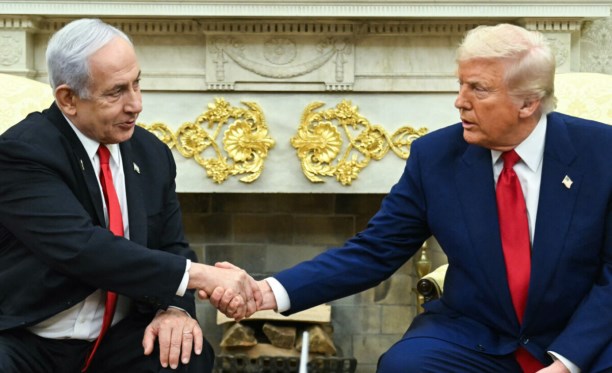In a recent announcement, US President Donald Trump declared his intention to impose 100% tariffs on foreign-made movies. He emphasized the need to revive the American movie industry, which he believes is facing rapid decline due to competition from other countries offering incentives to filmmakers.
Trump sees this as a national security threat and a form of messaging and propaganda against the US.
Since his return to the White House, Trump has been actively imposing tariffs on various countries. He argues that these tariffs will benefit US manufacturers and safeguard jobs.
However, the global economy has been disrupted, leading to anticipated price increases on goods worldwide. Trump’s aggressive trade policies have stirred tensions with nations across the globe.
Prior to his inauguration, Trump appointed renowned film stars Jon Voight, Mel Gibson, and Sylvester Stallone as special ambassadors to promote business opportunities in Hollywood.
He aimed to revitalize the industry, which he described as great but troubled. Trump’s vision was to bring back Hollywood’s lost business from foreign countries and make it bigger, better, and stronger than ever before.
Challenges faced by the US movie industry
Despite being a key player in global film production, the US has encountered challenges in recent years. Competing countries like Australia, New Zealand, Canada, and the UK have seen a rise in production spending, while the US experienced a decline.
Trump’s trade policies have further impacted the industry, with China reducing its quota of American films allowed into the country.
China has been a primary target of Trump’s tariff measures, facing import taxes of up to 145% on goods. The escalating trade tensions have led to retaliatory actions, with Beijing imposing a 125% import duty on US goods.
Other countries are also affected by a 10% blanket tariff, pending further developments in trade negotiations.
Trump mentioned engaging in trade discussions with multiple countries, including China, aboard Air Force One. Despite ongoing negotiations, he clarified that there were no immediate plans to speak with Chinese President Xi Jinping.
While hinting at potential trade agreements in the near future, Trump remained tight-lipped on specific details during the press briefing.
Check also;
- Designed In US, Made In China: Why Apple Is Stuck In Tariff Struggle
- Asian Markets Slide After Trump Tariffs Concerns Send US Shares Tumbling
Please use the button below to contribute to Newslex Point, Inc. using a credit card or via PayPal.

 Newslex Point News in Uganda, Uganda news
Newslex Point News in Uganda, Uganda news











